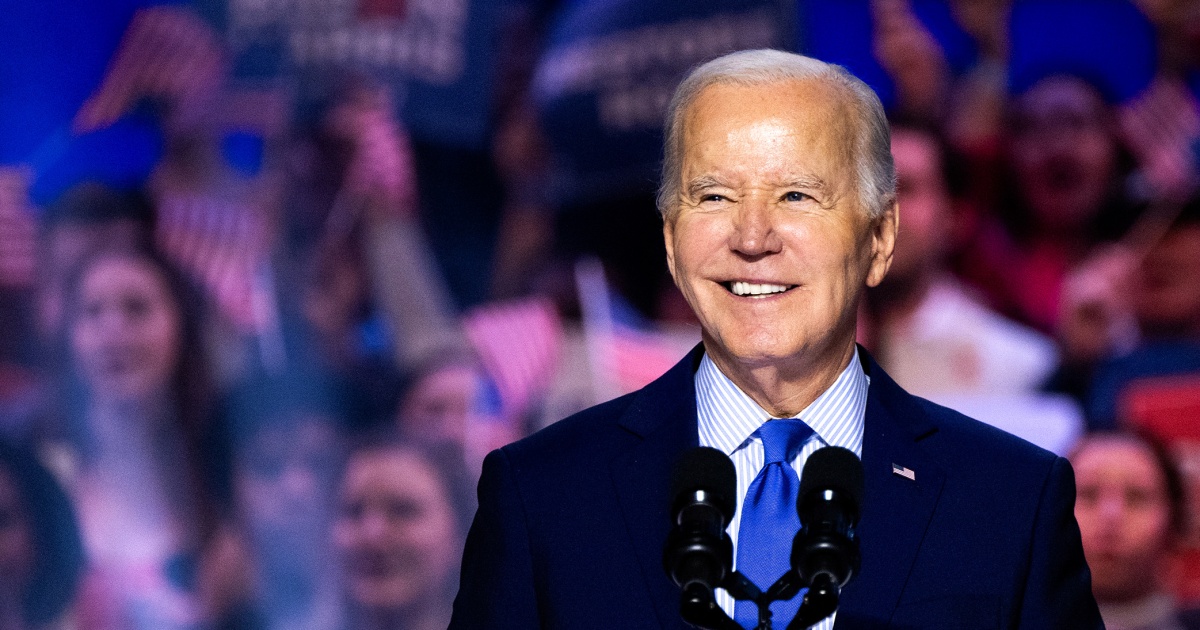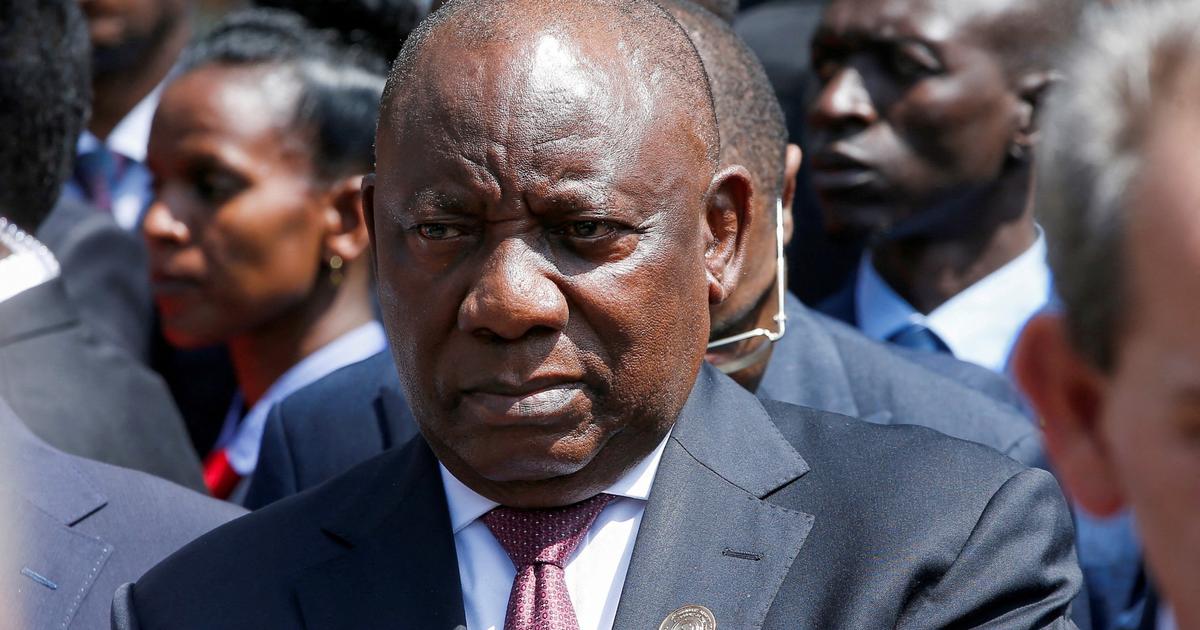Enlarge image
Photo: Kay Nietfeld / dpa
Elections are, in themselves, very beautiful.
Politicians can explain how they want to solve problems.
And voters then decide what seems most conclusive to them.
All in all, this should mean that the winner is the one who promises to solve the problem most likely to the best of contemporary knowledge.
Nice thing.
During these weeks in Germany one can sense that things can backfire from time to time - at least when it comes to questions of economic policy. The lack of fully developed new ideas against climate change, inequality and other major challenges seems somewhat unfortunate to coincide with the need to take a clear position in an election campaign. Which also seems to help revive somewhat older ideas. That could explain why many a word of alleged economic experts is once again surrounded by a touch of Agenda 2010 - from a time at the beginning of the noughties, when everything seemed to be terribly tied up for us, in case of doubt the economy always had to be relieved, everyone else should do without - and the market per se knew everything better.
That may have convinced many back then. In the year 2021, if you take a closer look, it fits neither with the status of the problems nor with what is considered the status of teaching among the people and among experts worldwide. It has been rethinking for years. And not without reason. If that is true, next week's election will also be about the question of whether Germany is in danger of falling behind again in terms of competence in matters of good economic policy. That has little to do with party folklore.
At Agenda times in 2003, it may somehow have been justifiable to relieve the supposed high performers. But today? No part of the population has benefited as much from the good economic times of recent years as the upper percent, who now have 20 percent more income than before, plus more valuable houses and shares, while the lower incomes have less - and neither house nor securities. Why the superiors now absolutely have to be relieved by the abolition of the remaining solos is emotionally and tactically understandable with appropriate sympathy for the wealthy of the country, but not through economically compelling arguments.
The same applies to the idea of now absolutely "unleashing" the economy, as a top candidate put it. It sounds a bit like German managers have been locked up in chains for years. Ouch. In 2003, at least a few more classic symptoms could be put together with which one could argue for the need for relief - whether it was dwindling profits, sales stagnation or record unemployment. Why the economy must be "unleashed" in 2021, which has just experienced the longest crisis-free time with the greatest job creation in decades, is analytically just as original as the corresponding demand that taxes now be reduced. Despite the pandemic, the DAX companies are currently making the greatest profits since the invention of mankind;there are also no signs of acute cost overload (otherwise there wouldn't be such enormous profits); and unemployment is at a record low. Funny way of tying up. There is more, of course. Just whether this urgently needs a tax cut? Nonsense.
Experience over the past few years shows that when there is demand, companies invest.
Then that works too.
The reference that tax rates are lower elsewhere is of little help.
In reality, this seems far less relevant as a decision-making criterion for companies than the eager whining about it suggests.
Companies did not suddenly flee en masse to the USA when Donald Trump cut taxes there sharply in 2017.
This has still led to a surge in investment in the USA itself.
Model calculations even by inclined economists such as those of the Ifo Institute show that tax rate cuts will not do so much.
more on the subject
Election programs of the parties: Is there something in it?
In 2021 there is something strange in responding to almost all problems as if reflexively with a religious-romantic belief in market forces - at a time when, after a few decades of naive market belief, the realization has matured that decisive crises such as the climate, the Globalization or social division have to do with the fact that the market could not regulate it (or even made it worse). Today there are a number of empirical studies that show why it is tricky to have the CO₂ price determined freely in the markets, for example. Without any intervention, this leads to absurd price capers.
The mantra of free-market climate protection is just as useful as that of people's free will, for example in the labor market.
It has been shown that too much deregulation here tends to lead to dangerous growth in cheap jobs;
because the balance of power between employer and employee is not that equal.
There needs to be a minimum wage.
It is not for nothing that once orthodox international organizations such as the OECD are now portraying “inclusive growth” as a major goal - and a minimum wage is considered the standard of good politics.
Seen soberly, that has little to do with left or right.
Despite the minimum wage, there was no disaster
As a study by researchers led by the German-British economist Christian Dustmann showed, the introduction of the minimum wage in 2015 in Germany led to everything - except for the disasters that Orthodox economists conjured up at the time.
Something else where the status today is completely different than it was back then.
It is now part of the international consensus that debt brakes can have a treacherous effect if too little money is invested in the future because of all the pressure.
So it makes sense to take out loans for it.
And it seems absurd how stoically and proudly almost all candidates for chancellor declare the debt brake to be sacred.
Nonsense.
Children don't have much of that either.
Especially since it is relatively easy to calculate that without a creative interpretation of the debt brake it will not be possible to invest enough in, say, saving the climate.
There is something unsettling when top German politicians are now solitary and technically speaking that an inflation brake is now needed - if central bankers and the majority of independent experts agree that a little more inflation is urgently needed because that is part of the functioning of a healthy economy and we otherwise would probably have been in completely different crises. There is something adventurous about trying to officially limit inflation. Especially if inflation rates fall again in a few weeks anyway.
Of course, the fact that all of this is international standard does not mean that it is correct per se. However, better arguments would be needed to revive past beliefs. The realization is now advanced - whether at the once dogmatic-market-liberal International Monetary Fund (IMF), which nowadays also recommends wealth taxes; or at the OECD, which has abandoned old deregulation dogmatics; or the administration of US President Joe Biden; or in popular publications by leading scientists. Our politicians' understanding of the economy is often "somewhat underdeveloped," according to the German-American economist Rüdiger Bachmann.
"Whether you like the new zeitgeist or not, you cannot ignore it," wrote Gillian Tett recently in the "Financial Times". The occasion: In the spring, the G7 governments commissioned a group of experts to write a memo on what a modern economic and financial policy should look like. The answer: very different from the time of the Washington Consensus. The client: not a left-wing group, but the conservative British government.
Let's keep our fingers crossed that the curious economic and political retro excursions of these German election campaign weeks are only an outgrowth of an election competition for the most powerful ideas, which this time does not really work optimally.
And that we don't seriously get, let's say, a finance minister who still believes in saving the world with a good deal of market and de-bureaucratisation.
It just doesn't work.
With such nonsense, he will usually be quite alone in international rounds.
It is not about fashions, but simply about wrong politics as things stand.
One that neither helps to avoid future climate disasters, nor eliminates the divide between rich and poor, or really makes the economy more dynamic.















